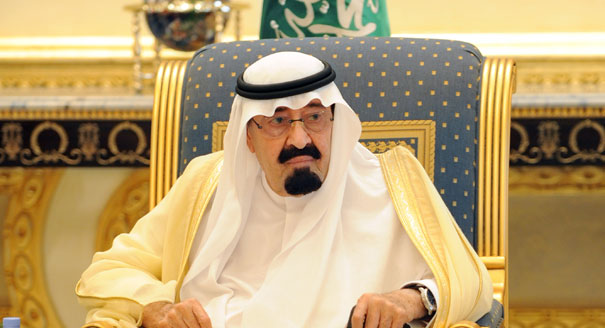Contrary to what ongoing protests across the Middle East and North Africa might imply, monarchs and ruling families in the Arab world still enjoy an extraordinary degree of legitimacy in the eyes of their people. Most citizens of Arab monarchies want to see changes within their ruling governments, not complete regime change. This in turn affords those rulers an opportunity to embark on a path of far-reaching political reform without losing their thrones—all the while gaining acclaim at home and abroad.
Yet, so far, no monarch has made the effort. Sovereigns are not seeking to truly take advantage of their legitimacy to engineer a process of controlled reform from the top that would prevent an escalation of demands from the bottom. These rulers have not accepted that the change sweeping the region is profound, and that the unique opportunity they still have to lead their countries into a decisive program of reform will not last forever.
All monarchs have taken steps to appease their citizens, but they have either provided material benefits to try to placate demands or introduced narrow reforms that give their people a limited voice in governance. Political measures have ranged from ostensibly bold but in reality limited in Morocco, to hesitant and uncertain in Jordan, to practically nonexistent in the Gulf countries. With a few partial exceptions, Arab monarchs are not moving their countries toward the representative governments that protesters are demanding.
With the possible exception of Bahrain, the one place where protesters are calling for a true constitutional monarchy, there is still time for Arab sovereigns to change course. It is less dangerous for the monarchs to act now than to wait until the demand is overwhelming and could indeed spiral into an uncontrolled process of change. Their legitimacy is at stake, and they will likely face more severe challenges if they do not act soon.
Arab Monarchies: Chance for Reform, Yet Unmet
Arab monarchs have an opportunity to embark on a path of far-reaching political reform without losing their thrones, but the window to act is closing







